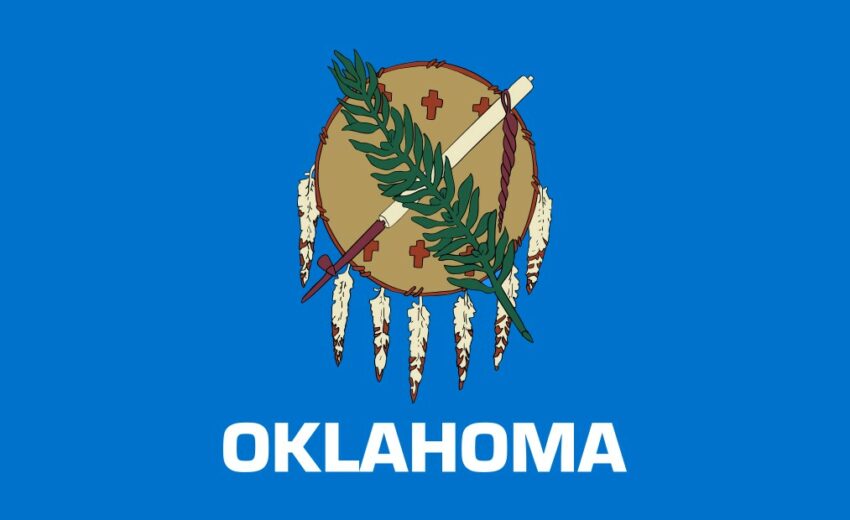
This is a guest post by Ty Faulkner Branum. Ty is 16 years old and lives in Oklahoma City. His stepdad is James Branum, an at-large member of SHJ and editor of the magazine, Humanistic Judaism. All sources for this essay can be found at: bit.ly/42tWtgV.

For most of my life, I have practiced Judaism in Oklahoma, a weird place to be Jewish. We are in the “Bible Belt” (where evangelical Christianity is dominant) but we are also in a place that is where many Native Americans from across this continent were forcibly relocated, and where many African-Americans came as homesteaders during the late 1800’s and early 1900’s seeking to escape sharecropping. This history has made Oklahoma a kind of “melting pot.”
Despite this underlying diversity, many white Evangelical Christians in Oklahoma believe they are persecuted and seek to use their power to promote and enforce their religious vision. The result is that those who are racially, sexually, or religiously different from the majority are left out or even mistreated.
From this context, I’m going to talk about three situations in Oklahoma, which could set precedents for the entire nation.
A Religious Charter School
 The Catholic Archdiocese of Oklahoma City recently asked state officials for permission to open a publicly-funded online Catholic charter school, to be named St. Isidore of Seville Catholic Virtual School. Once approved by the state, the school would provide free online education to 400-500 children throughout Oklahoma and be the first publicly funded K-12 religious school in the USA.
The Catholic Archdiocese of Oklahoma City recently asked state officials for permission to open a publicly-funded online Catholic charter school, to be named St. Isidore of Seville Catholic Virtual School. Once approved by the state, the school would provide free online education to 400-500 children throughout Oklahoma and be the first publicly funded K-12 religious school in the USA.
While the school’s initial proposal to the state board of education was rejected on procedural grounds, the Archdiocese appealed the decision. With support from Governor J. Kevin Stitt and State Superintendent Ryan Walters, the school was approved by the board in the summer of 2023.
“Am I supportive of the Catholics choosing and going out and setting up a Catholic charter school? A hundred percent,” Governor Stitt said, “I think that’s great. Just like if the Jewish community wants to set up a charter school or the Muslim community.”
Many people have expressed concern about the dangers posed by a school like this.
“As a faith leader, I understand that when the state taxes my fellow Oklahomans of any faith or none to fund houses of worship and religious schools, it has violated the conscience and religious freedom of all of us.” said Rev. Lori Allen Walke of Oklahoma City.
Unfortunately, the school has been approved by the Oklahoma Statewide Virtual Charter School Board, and absent further legal challenges is scheduled to open in the fall of 2024.
For myself, as a Jewish Oklahoman, I don’t want our schools to be segregated by religion. Public schools should be open, safe, and positive towards students of all backgrounds, reflecting the promise of our diverse melting pot history.
Claiming Oklahoma for Jesus
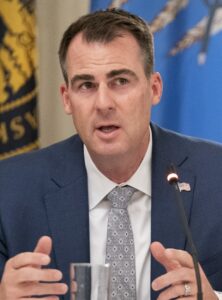 The day after he was re-elected, Governor Stitt stood on the steps of the Capitol and gave an invocation committing all of the state of Oklahoma as belonging to Jesus Christ.
The day after he was re-elected, Governor Stitt stood on the steps of the Capitol and gave an invocation committing all of the state of Oklahoma as belonging to Jesus Christ.
Father, we just claim Oklahoma for you. Every square inch, we claim it for you in the name of Jesus. . . we claim Oklahoma for you as the authority that I have as governor and the spiritual authority and the physical authority that you give me.
Many Oklahomans understood Stitt’s statement as one that was intended to exclude non-Christians from the public sphere. Michael Korenblit (President of the Jewish Federation of Greater Oklahoma City) said:
As the child of Holocaust survivors, my parents living here all their life, came here to America — that’s what he thinks about us?” Korenblit said. “And that’s what he thinks about the Muslim people, thinks about Baha’i, Hindus, Buddhists — any other religions here and even nonbelievers? We’re glad that he has found belief in God and his religion to help as a civil servant. But that doesn’t mean he has the authority as he said as governor, he says that gave me the authority to do this.
While symbolic statements like that of Gov. Stitt might have no legal standing, they send a message that the non-Christian Oklahomans (estimated to be at least 22% of the population) don’t make real decisions and never will.
Fighting proselytization in public schools in court
 For decades Maryetta Public Schools held a monthly hour-long class during school hours called “Missionaries,” in which the “Missionaries” proselytize Christianity to a captive audience of prekindergarten through eighth-grade students. Students were given Bibles and coloring books and led in singing songs about Jesus. Non-Christian students were forced to attend this class without their parents’ knowledge or consent.
For decades Maryetta Public Schools held a monthly hour-long class during school hours called “Missionaries,” in which the “Missionaries” proselytize Christianity to a captive audience of prekindergarten through eighth-grade students. Students were given Bibles and coloring books and led in singing songs about Jesus. Non-Christian students were forced to attend this class without their parents’ knowledge or consent.
A non-Christian Cherokee family (along with the American Humanist Association) brought a lawsuit against the school after their child was forced to participate in the class While the school’s actions also violated the Oklahoma constitution, the suit was anonymously brought in Federal court in the hopes that it would receive a more favorable hearing.
Unfortunately, despite the case being filed anonymously, word got out about the case and tremendous local pressure was placed on the family (with a protest of more than 400 people being held at the school in support of the Missionaries program), so the family had to move.
Eventually, they reached a settlement in which the Maryetta Public Schools admitted the “Missionaries” program violated the Establishment Clause of the U.S. Constitution and had to pay monetary damages.
“(This case) reaffirms the right of freedom of conscience for all. The message has now been sent out to more than five other public school systems in the state who are holding similar programs,” said AHA Senior Counsel Katie McKerall.
I am proud of the bravery of this family to bring the lawsuit, but I’m afraid it will take many more such acts of bravery to change Oklahoma.
Conclusion
These three stories are important because they show that the threats to religious minorities (and non-religious) people are real, but also that resistance can make a difference. The Cherokee family in Maryetta has set an example for the 22% of us who are not Christians. We HAVE a voice, and that voice will be heard whether those in power like it or not.
Editor’s note: Stories like these from Oklahoma are not unique, as several other states are pursuing challenges to the Establishment Clause. This is why the work of JFASD (Jews for a Secular Democracy) is so important.
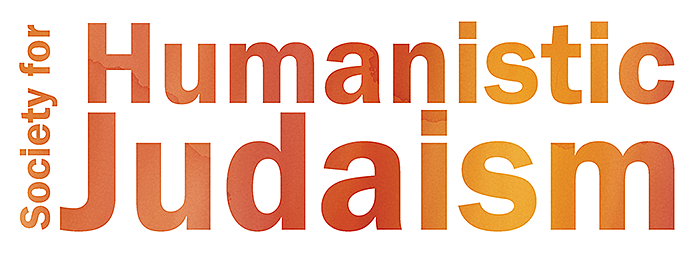

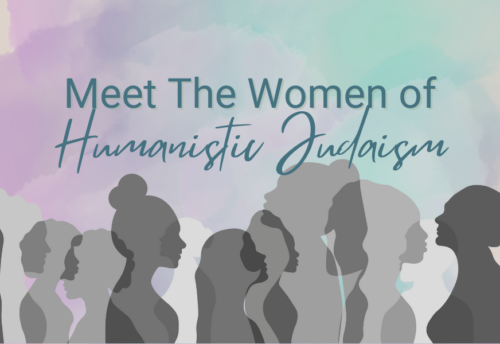
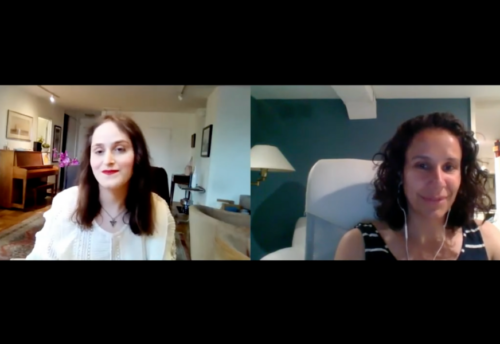
Leave a Reply